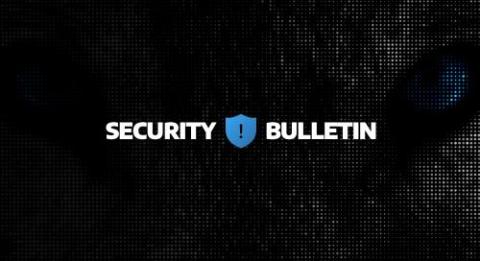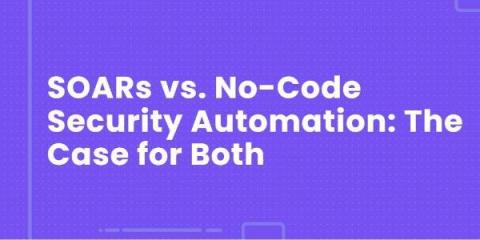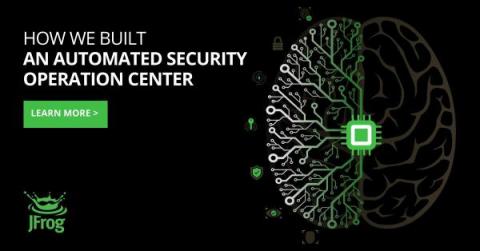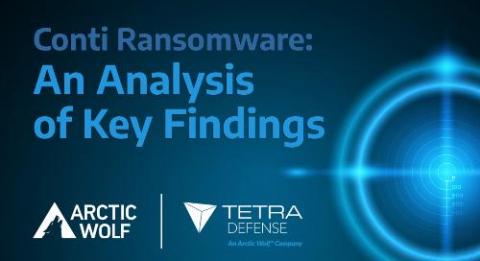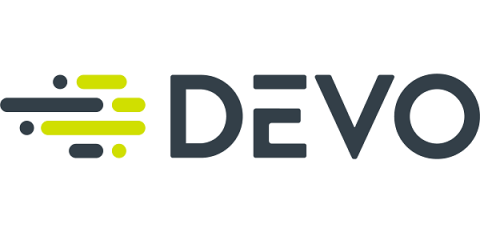Security | Threat Detection | Cyberattacks | DevSecOps | Compliance
SecOps
SOARs vs. No-Code Security Automation: The Case for Both
Just a few years ago, security orchestration, automation and response (SOAR) was the new buzzword associated with security modernization. Today, however, SOAR platforms are increasingly assuming a legacy look and feel. Although SOARs still have their place in a modern SecOps strategy, the key to driving SecOps forward today is no-code security automation.
Part II: A Journey Into the World of An Automated Security Operation Center (SOC)
Security operation teams continuously aim to focus on two main things: 1. Real cyber security threats (also known as “True Positive Alerts”), and 2. Reducing response time, especially when you have so many different sources to monitor. However, in reality, we deal with hundreds of security alerts on a daily basis, many of which are false positives that waste our valuable time. This is where incident response/security automation becomes a requirement rather than nice to have.
Conti Ransomware: An Analysis of Key Findings
4 Questions to Ask About Building a Security Operations Center
Building an in-house security operations center represents a significant commitment, both financially and strategically, to securing your enterprise. According to the 2021 Devo SOC Performance ReportTM — which is based on the results of a survey of more than 1,000 security practitioners — 73% of respondents said their SOC was “very important” or “essential” to their organization’s overall cybersecurity strategy.
vCISOs Explained: The Benefits and Drawbacks
SecOps in a Post-Covid World: 3 Security Trends to Watch
By now, you’ve probably read loads of articles that discuss the COVID-19 pandemic’s impact on business, politics, the economy and much more.But what about SecOps? What permanent effects has COVID wrought on the way businesses secure IT assets? Let’s explore those questions by examining three key security trends that promise to endure long after the pandemic has finally receded.
CVSS: Measuring the Severity of an IT Security Vulnerability
Empower Your SOC with New Applications in the CrowdStrike Store
With chaos seemingly surrounding us in security, it can be hard to cut through the noise. How do you detect and prioritize evolving threats and what tools should you use to address them? With new attacks and vulnerabilities on the rise, combined with ineffective security tools and the industry’s ongoing skill shortage, security operations center (SOC) teams struggle to protect organizations from adversaries.
4 Security Operations Center Best Practices for Success
The security operations center (SOC) plays a critical role in any enterprise’s effort to protect its data from rapidly evolving cybersecurity threats. However, for a variety of reasons revealed in the 2021 Devo SOC Performance ReportTM — which is based on the results of a survey of more than 1,000 security practitioners — organizations are frustrated with their SOC’s lack of effectiveness in performing its vital work.


